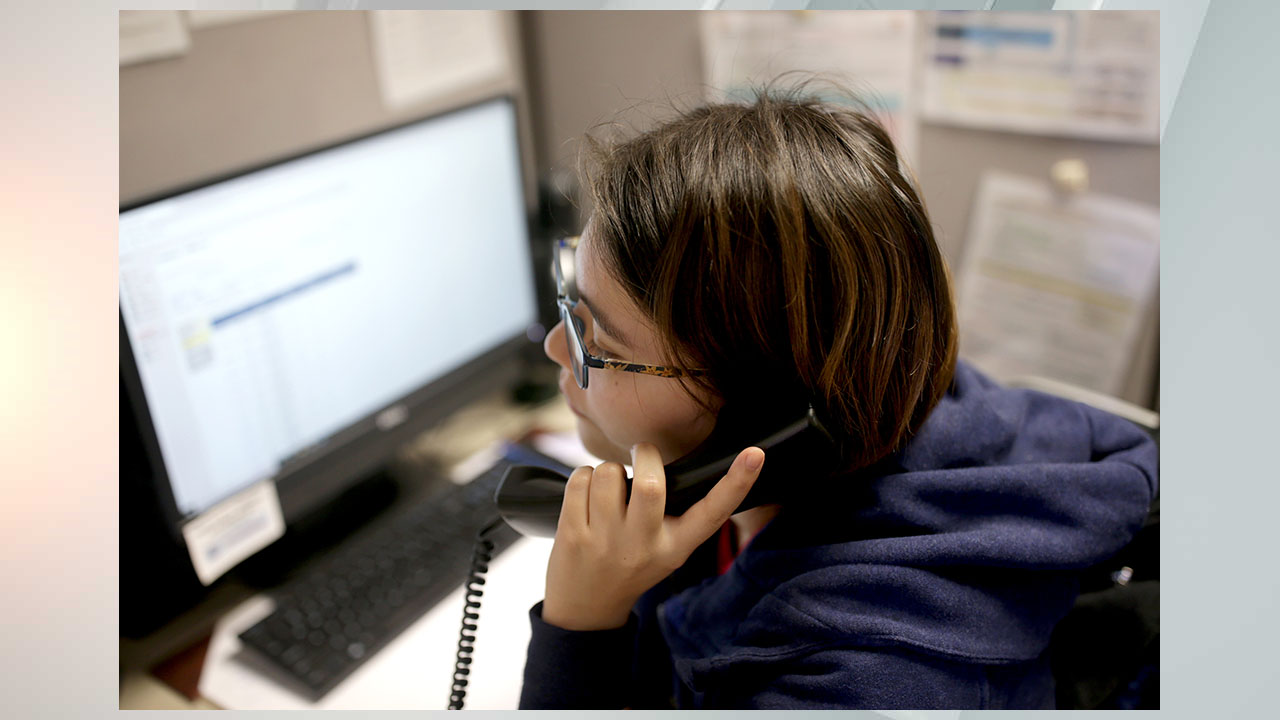988 suicide hotline goes national Saturday; Indiana plans further expansions
INDIANAPOLIS (WIBC) – If you have thoughts of suicide, help is a phone call away. That phone call is about to get easier.
Saturday is the deadline for state call centers to adopt the new 988 hotline number. Indiana’s service is already active. Suicide prevention director Chris Drapeau with the Division of Mental Health says Indiana’s call centers are still expanding to handle an expected increase in call volume. He says the division plans to add two more centers to the current three, and will partner with Indiana’s 211 service, which directs callers to a variety of health and human resources.
Drapeau says Indiana’s call centers field about three out of four in-state calls to the hotline, with the rest forwarded to a national backup center. He wants to improve that rate to nine out of 10 by this time next year. Over the next five-to-10 years, Family and Social Services Secretary Dan Rusyniak says the state plans to beef up the service further, adding more staff, and creating crisis teams to help where a hotline call isn’t enough.
Rusyniak paired the 988 update with the announcement of $100 million dollars in new mental health funding. Nearly 90% of that money, a mix of state and federal dollars and local matching funds, will go to community mental health centers and local grant recipients. The remaining $12 million will create new psychiatry and psychology residencies and internships at the IU School of Medicine, and a partnership with IU Health’s Riley Hospital for Children to bring mental health services to pediatricians’ offices across Indiana.
Riley president Gil Peri says creating a network of pediatricians’ office will make it easier to access mental health services, and allow kids to get those services in surroundings they’re more comfortable with.
Leslie Hulvershorn, Riley’s director of child and adolescent psychiatry, says the number of kids needing mental health resources has been growing nationally over the last two decades — Peri calls it a “crisis.” Hulvershorn says one culprit, especially among teenage girls, has been the rise of social media. And she says Indiana providers saw a spike in children’s mental health issues, including suicidal thoughts, related to the pandemic. While doctors have been concerned about the effect of social isolation during the pandemic, Hulvershorn says the numbers took off when kids emerged from lockdowns and returned to school. She says that took kids out of an environment of security and plunged them into a school environment that Hulvershorn is triggering for many children and teenagers.
